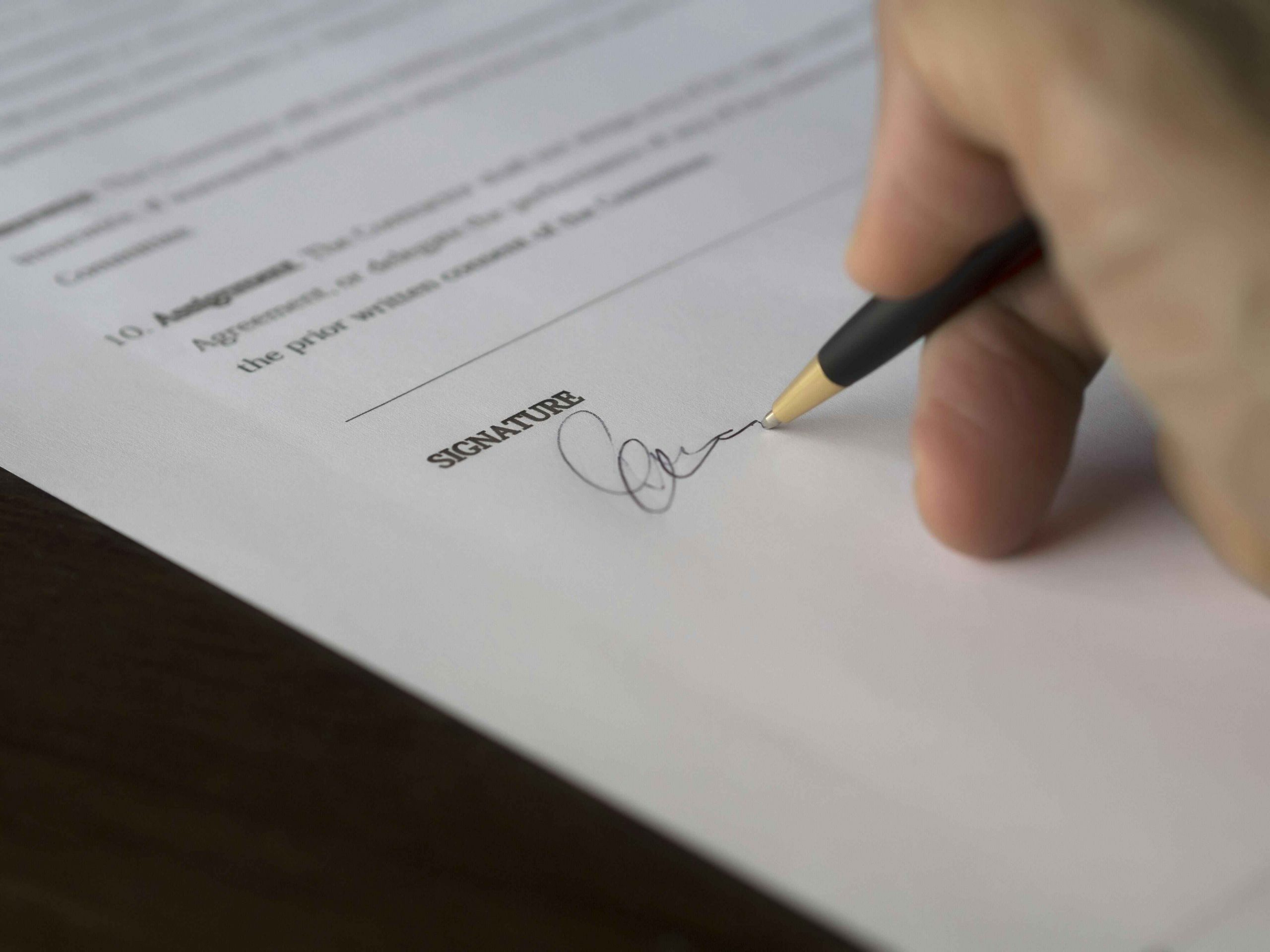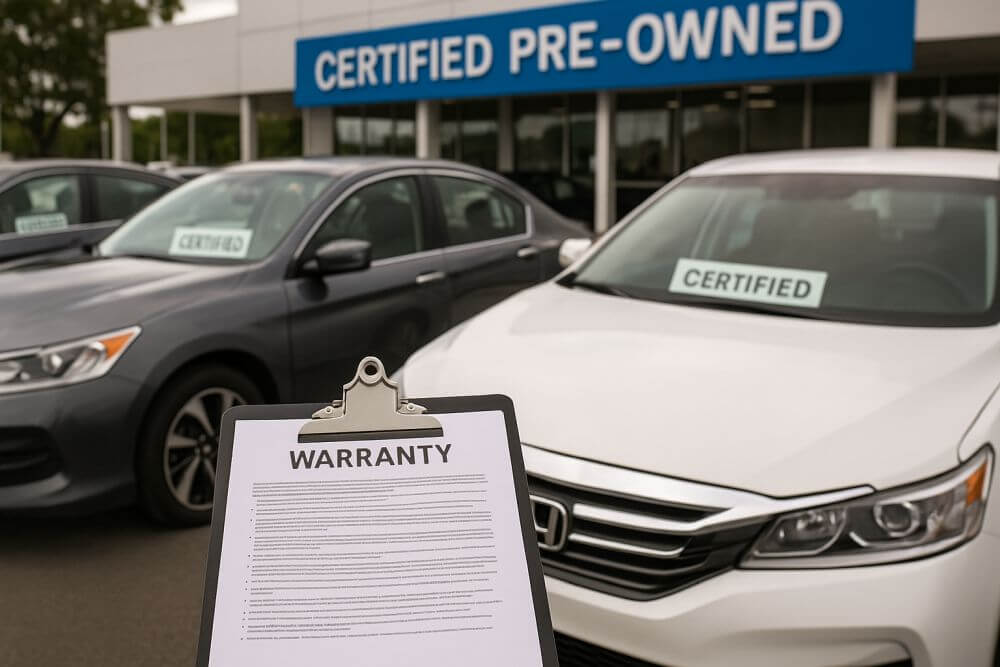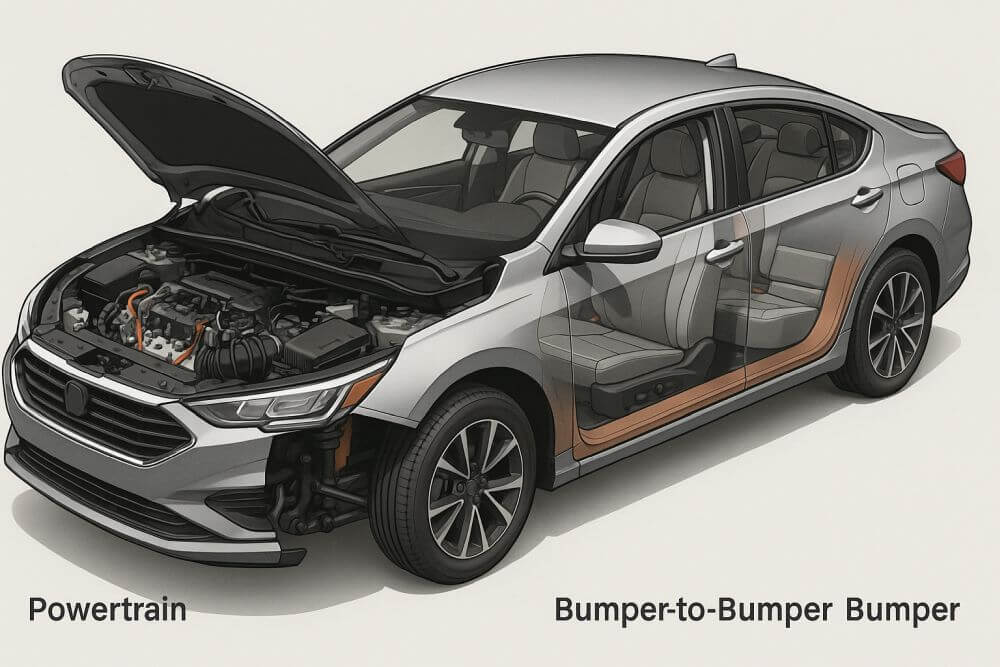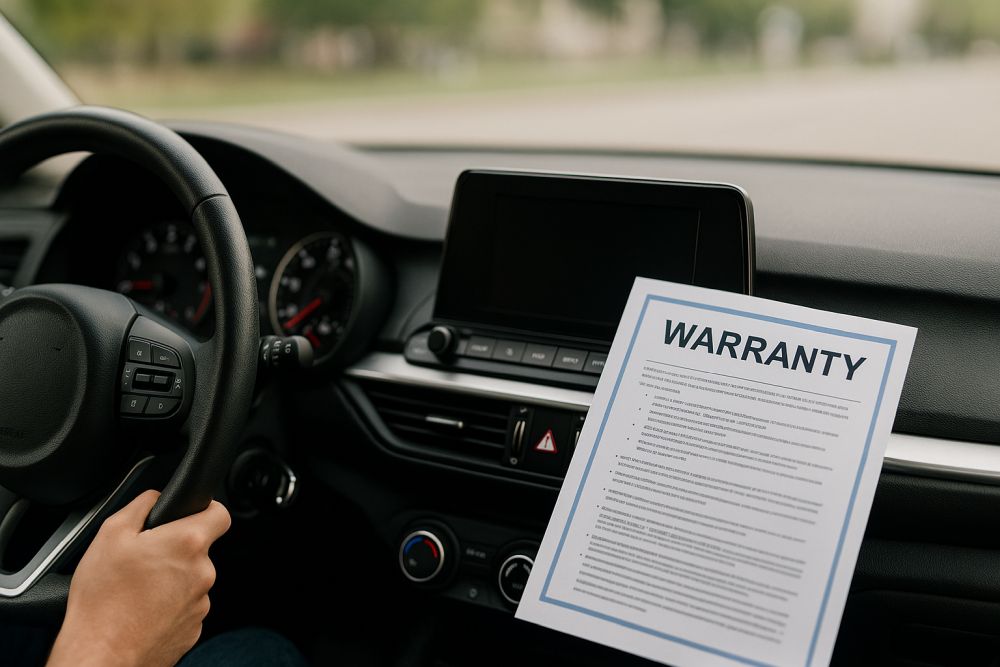Shopping for a used car in Texas? A Texas license plate lookup is essential for uncovering ownership history, registration status, and potential issues like unpaid fines or accidents. Understanding Texas vehicle laws will help ensure a smart, informed purchase, avoiding any unwelcome surprises.
Legal Framework for License Plate Lookups in Texas

Access to Vehicle Information: Under Texas law, access to sensitive vehicle information through license plate search is restricted to authorized entities like law enforcement, government agencies, and insurance companies. Personal details such as the owner’s name and address are protected and cannot be disclosed without consent or a legal reason. However, commercial plate search tools can still provide the public with non-confidential information about a car.
Relevant State Laws and Regulations: In Texas, the Texas Transportation Code governs free Texas license plate lookups, detailing rules on vehicle registration, license plates, and access to related information. It aims to protect vehicle owners’ privacy while allowing certain entities to access necessary information for legitimate purposes.
Texas Transportation Code, Chapter 502 – Registration of Vehicles
This chapter outlines the requirements for vehicle registration in Texas, including the issuance of license plates. It details the responsibilities of vehicle owners to properly register their vehicles and display license plates. The code also addresses the confidentiality of motor vehicle records.
Texas Transportation Code, Chapter 730 – Motor Vehicle Records Disclosure Act
This chapter, also known as the Motor Vehicle Records Disclosure Act, governs the release of motor vehicle records, including information obtained through vehicle tag lookups. The act is designed to protect the privacy of individuals by restricting access to personal information contained in motor vehicle records.
Texas Public Information Act (PIA) – Texas Government Code, Chapter 552
The Texas Public Information Act allows individuals to request public records, including certain motor vehicle information. However, the act includes exceptions for confidential information, which may limit access to personal details in a car plate lookup.
Driver’s Privacy Protection Act (DPPA)
This federal statute restricts the disclosure and use of personal information contained in motor vehicle records, protecting individuals’ privacy. The DPPA sets limitations on who can access this information and for what purposes, ensuring that it is used only in specific, lawful situations. States, including Texas, must comply with the DPPA but may also enact additional state-specific laws to further regulate access to motor vehicle records.
Permitted Uses for License Plate Lookups

Conducting a Texas license plate check may be legally permissible depending on the scenario. Below are common situations in which a plate check is warranted.
Authorized Purposes
In Texas, conducting a license plate lookup is legally permitted for specific, authorized purposes.
| Law Enforcement | Officers and authorized personnel use car license plate lookups to investigate crimes, enforce laws, and ensure public safety. This includes tracking stolen vehicles, identifying suspects, and verifying driver information during traffic stops. |
| Vehicle Ownership Verification | Free license plate checks are used by individuals and businesses, including car dealerships, to verify vehicle ownership during transactions. This helps confirm the seller’s legitimacy and ensures there are no outstanding liens or legal issues with the vehicle. |
| Legal Proceedings | Lawyers, insurance companies, and authorized entities may perform license plate lookups for legal processes, such as gathering evidence for court cases, verifying claims in insurance disputes, or ensuring compliance with vehicle ownership and usage regulations. |
| Towing and Impound Services | Authorized towing companies may perform a license plate number lookup to identify vehicle owners before towing or impounding a vehicle, ensuring proper notification and compliance with the law. |
Restrictions on Usage
Texas law imposes strict restrictions on the use of free license plate lookup information to protect privacy and prevent misuse. The following are examples of prohibited uses:
| Marketing and Commercial Purposes | Using license plate information for unsolicited marketing, advertising, or commercial purposes is prohibited. Businesses cannot use this data to target individuals with promotional materials or sales pitches. |
| Stalking or Harassment | Using plate number lookup information for stalking, harassment, or privacy invasion is illegal. Misusing this data for personal vendettas, intimidation, or harassment is a criminal offense. |
| Theft and Fraud | It is illegal to use vehicle tag lookup information to misuse information to commit identity theft, auto theft, and other fraudulent or criminal activities. |
| Unauthorized Disclosure | Sharing or selling license plate check information with unauthorized parties is prohibited. The information obtained through a license plate lookup must be kept confidential and only used for the specific, lawful purpose for which it was accessed. |
These restrictions ensure the responsible use of license plate lookup services, protecting privacy and maintaining data integrity. Misuse can lead to legal penalties, including fines and imprisonment, underscoring the need to follow the law.


